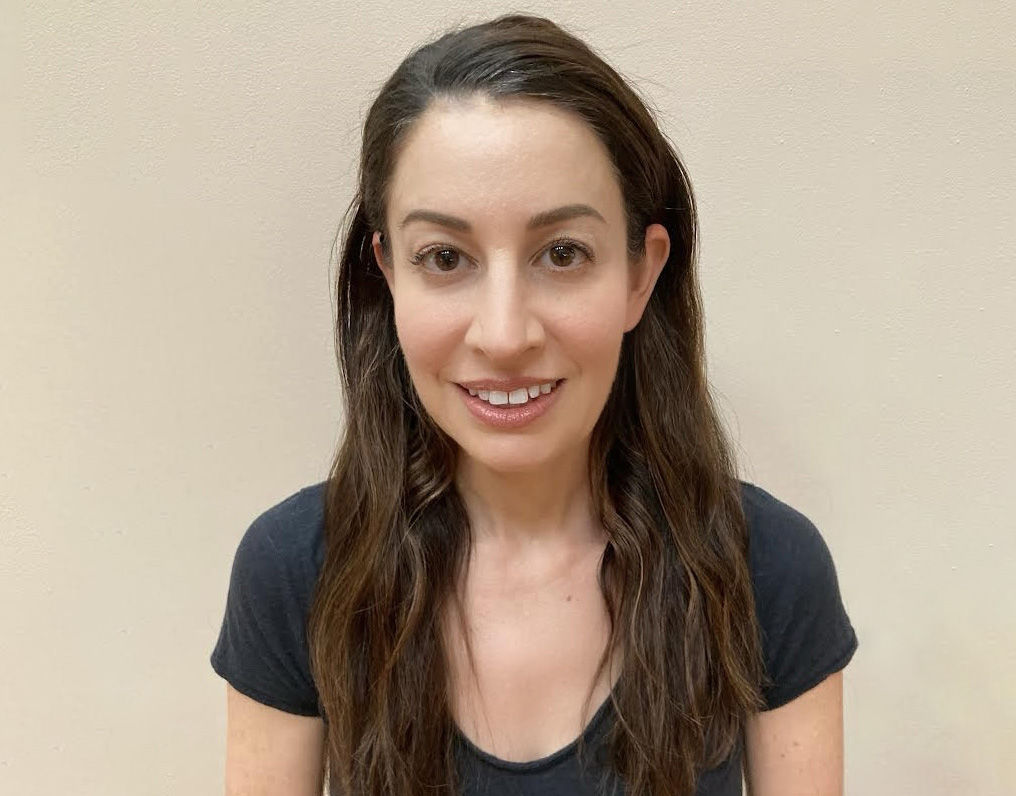
Time for “The Change”: Closing the Menopause Knowledge Gap in Dermatology
Unlike Puberty and Pregnancy, Physicians Generally Receive Little to No Instruction on This Important Stage of Life for Women

Dermatologists regularly encounter a spectrum of skin-related conditions tied to menopause ranging from hair loss and resurgent acne to vaginal dryness and hyperhidrosis. Yet, despite the frequency and significance of these symptoms, there remains a conspicuous gap in training in menopause care for dermatologists. In a new paper published in The British Journal of Dermatology, senior author Shoshana Marmon, M.D., Ph.D., clinical assistant professor of dermatology, calls for that critical need to be addressed through more extensive medical education and training for physicians.
“Unlike puberty and pregnancy, physicians generally receive little to no instruction in this important stage of life. As a result, women are increasingly turning to online sites and social media rather than their doctors to get answers to their questions and treatment for their symptoms,” says Dr. Marmon. “That needs to change through better education and awareness for physicians, specifically dermatologists, who often are the first-line doctors to see these patients due to complaints like hair loss, acne, sweating, flushing, and more.”
In the study, Dr. Marmon goes on to note that dermatology textbooks and educational materials utilized worldwide do not include up-to-date evidence-based guidelines regarding menopause and largely neglect the subject overall. Vaginal dryness, which affects more than half of all menopausal women, is barely acknowledged and safe options for treatment are not discussed. Although flushing and hyperhidrosis are covered in conjunction with other etiologies, there is limited mention of hot flashes and night sweats that affect up to 85 percent of all menopausal women. These symptoms are associated with a substantially diminished quality of life and are increasingly considered to be adverse markers of heart and brain health.
“As our patients reach mid-life and beyond, dermatologists play a crucial role in providing strategies and interventions that help restore or maintain a youthful appearance,” says Dr. Marmon. “However, it is also essential to recognize and appreciate women in their current life stages and acknowledge the holistic physiological challenges that accompany normal aging.”

